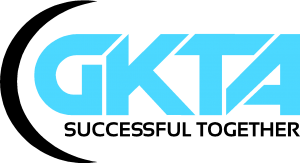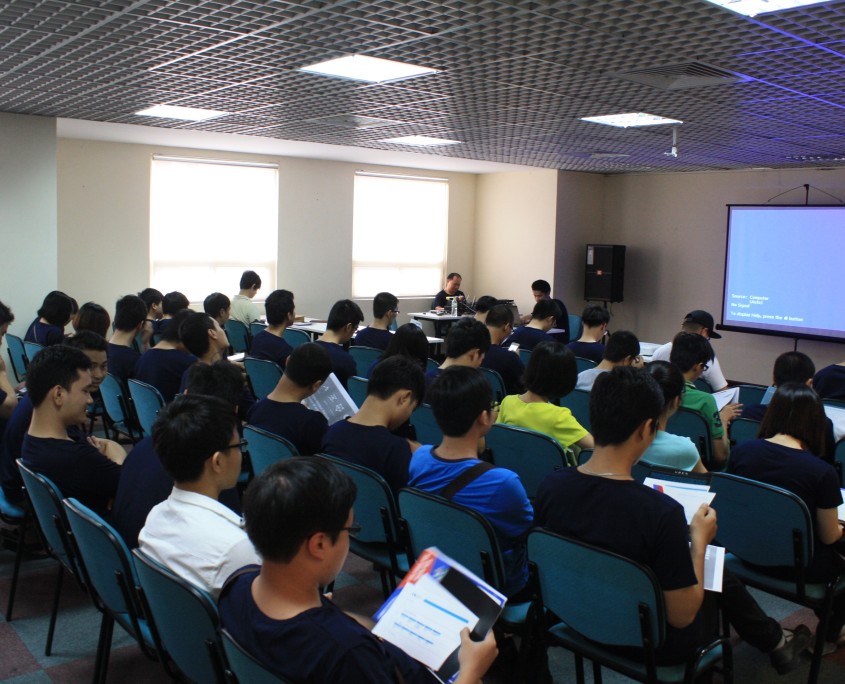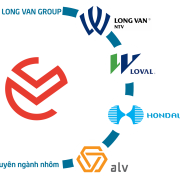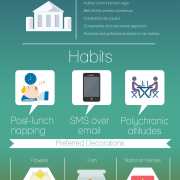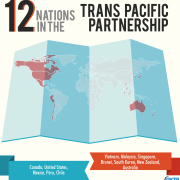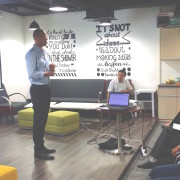Google I/O Extended Hanoi
For some time, Google Developer Group Hanoi (GDG Hanoi) has been helping to build the developer community here, which is remarkable considering that they are all volunteers. This month, the first Google I/O Extended event was held in Hanoi for the local community to get a first-hand look at upcoming Google products and services.
Google I/O Extended (with the “I/O” portion meaning “Innovation in the Open”) is a way for those in Hanoi (and other cities) to deep dive into new technology that was announced during the annual Google I/O developer conference in San Francisco (which was first held in 2008).
At Extended locations, such as the one in Hanoi (and in Ho Chi Minh City the day before where approximately 400 people turned out), participants have the opportunity to code, get their hands dirty, and get to experience some of the latest technology. The conference is geared toward those who want to launch an application, or add new features to existing application.
Participants received updates on a variety of new-and-upcoming consumer-focused Google products including Google Now on Tap, Google Photos (which now has the ability to recognize, categorize, and group everyday objects such as food, landscape, etc.), Project Jacquard (which allows designers and developers to create touch sensitive surfaces in clothing thereby transforming fabric and literally integrating technology into what you wear), Google Cardboard (which your author experienced), Google Spotlight Stories (introducing augmented reality capability to smartphones), and Project Soli (which can detect sub-millimeter motions at high accuracy). However, there was no mention of Project Ara, a smartphone with modular components.
Present at the first Google I/O Extended Hanoi conference were members of Google’s Developer Relations Ecosystem Team, Partner Account Management Team, and of course, the Google Developer Community Management Team. The goal of these conferences is to help developers make successful applications and turn those applications into successful businesses— and the community is the biggest part of that drive toward success. Across the world there are 600+ GDG in 100+ countries and in the last six months 3,000+ local developers have met up at events to collaborate, share knowledge, and build skills.
Google recognizes people outside of the organization who are very knowledgeable about Google products; they call them Developer Experts. These are people who are active in community, localize content, and speak at events. At the conference, Google representatives announced that they were looking for the first Google Developer Expert to emerge from Vietnam since there aren’t any currently (but they hope to change that soon).
To become a Google Developer Expert, it requires someone technical, someone very involved in the program. A competitive candidate will have to sign an NDA in order to gain early-access to pre-release products. Some of the benefits include getting to travel to Google I/O in San Francisco and access to Google developers. Currently, there are only 120 Developer Experts worldwide so the successful Vietnamese candidate will have to be highly technically-oriented.
On the developer side of things at the conference, Google promoted a few products including Google Launchpad (which is geared toward startups), Polymer 1.0 (a web technology toolkit which brings material design to the web and offers new tool bars, menus, and offline caching), Project Brillo (bringing standardization to the Internet of Things), and Firebase (allowing everything on the backend to stay in sync using a JSON database), among others.
Also shared with the crowd of student and professional developers was that the permissions for applications on Google’s Play Store had been updated; now an application asks for permission as needed instead of during installation time which will resulting in easier application updates.
Another promoted topic was app indexing which means that in addition to web results, app results are also shown in search results. However, it requires that developers take the time to index content in their applications. Once that is done then Google can crawl and return content for applicable searches. In essence, it’s another way for users to find developers’ applications and install them–free of charge.
One of Google’s major themes is “building for the next billion users” which Vietnam is definitely part of. This initiative includes building for emerging markets by optimizing products and services for the next billion users in a country where many millions of them live. For example, offline support for YouTube videos in places where connectivity is slow or latency is high; or improving load times for search results in order to maintain a quality user experience.
During one of the workshops, the Google Design Sprint was covered where six fundamentals were shared with the audience.
1. Focus on the user—design for them;
2. Do your research—understand the product area;
3. Strive for simplicity—make sure your propsition and benefits are clear;
4. Prioritize speed—make most important actions the easiest to accomplish;
5. Never stop learning—seize every opportunity to learn; and
6. Solve big problems—create lasting value for users.
This entire Design Sprint can be completed in a week so the emphasis was on building something and learning something from it. The advice given was that if the build doesn’t work then don’t get bogged down in it (within reason) and go onto the next one. In other words dig into the problem in order to understand, diverge, decide, prototype, and validate. And then do it all over again.
There was another event that weekend, an AngelHack held in Ho Chi Minh City from July 4-5 which had about 250 registered participants. Interest, demand, and standards for these kinds of events are increasing across the board. Last year’s success with Flappy Bird was a watershed moment for the developer community and it has spurred the growth of numerous independent game developers. GDG (and Google as well) is providing the support for users of its products and services as well as developers of content in Vietnam so it will surely benefit from playing a pivotal role in building Vietnam’s innovation economy.
Jason Tien Le, an Account Partner Manager at Google shared his thoughts with us, echoing this very sentiment:
“We’re delighted to see Google I/O Extended continue to grow and connect local developers with a truly global community. We see tremendous talent in Vietnam, and we’re committed to exploring ways to support the developer community, at home and around the world.”
Right now, the market here is still in the clone stage but it’s only a matter of time before some more hits emerge out of Vietnam and splash into the region and beyond. Vietnamese developers are hungry, they have quick turnaround times, and they are talented–the hard part will be to shift from a short-term orientation to a long-term focus in order to build relationships with other communities and customer bases around the world. Perhaps it will happen even sooner than expected since developers here are quick learners.
